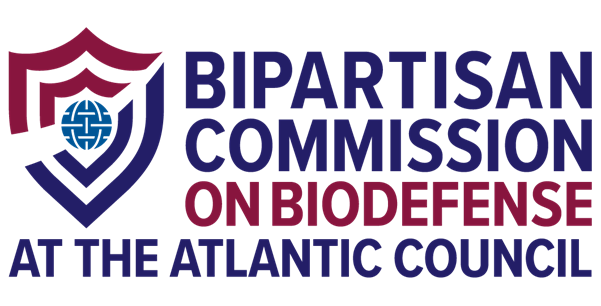Viral outbreaks threaten our food supply. We’re not ready.
By Susan Brooks & Donna Shalala
September 10, 2024
IndyStar: https://www.indystar.com/story/opinion/2024/09/10/avian-flu-toll-is-minimal-for-now-what-if-the-virus-mutates/75150400007/
Every level of our government is struggling to understand what is going on with highly pathogenic avian influenza (HPAI, H5N1) the virus that has already impacted 172 cattle herds across 13 states – not to mention tens of millions of chickens and turkeys in almost every state – and continues to spread rapidly. Indiana is one of those states keeping a close eye on this issue.
Apathy, inability to focus, and poor prioritization resulted in more than 1 million deaths and 6 million hospitalizations due to COVID-19. Yet diseases like HPAI continue to exploit gaps in national biodefense, and hasty attempts to shore up one vulnerability expose many others.
The HPAI virus has appeared in and killed many different animals, ranging from aquatic waterfowl and backyard poultry flocks to alpacas, cats and squirrels. More than 13 humans with close contact with infected poultry and dairy cattle have tested positive for HPAI, and over 4,000 others monitored following exposure to infected poultry and cattle. Other poultry and dairy workers may be unaware of or ignoring low-grade symptoms.
We are again behind in developing and manufacturing point-of-use diagnostic tests that we can distribute widely and gather information from easily. Without more data, experts are struggling to understand this virus, why it is infecting such a broad range of animals, and whether avians are really the original source of the virus. While current economic and health impacts to industry appear minimal so far, history tells us that could change quickly if the virus mutates. Indeed, media reports have already indicated that some dairy cows experience difficulty in recovering from the disease, while others never recover and are culled. Other studies suggest the possibility that the virus can spread in both directions between poultry and dairy herds, which could threaten to further fuel the outbreak.
Lives and livelihoods are at stake. Instead of watching the world and HPAI go by, our country should use this outbreak to identify current gaps in our ability to address animal disease threats, how these threats do or could affect human health, how our country can prepare for biological events affecting food and agriculture, and what would trigger full-scale national response.
Our Commission has spent the last decade evaluating national biodefense activities, including preparedness for threats to our food and agriculture. In November 2019, we held a public meeting at Colorado State University in Fort Collins to discuss federal capabilities to address biological threats impacting animal health. We had the opportunity to hear from federal, state, industry and academia representatives about agricultural biodefense needs and potential solutions. Not much has changed in the five years since that meeting. Additional coordination and resources are required to effectively prepare for, prevent, detect, respond to, mitigate, and recover from future biological events affecting the Nation’s agriculture.
To help America defend against HPAI and other biological threats, we released the 2024 National Blueprint for Biodefense. The Blueprint contains 36 recommendations and 185 specific action items that, if adopted, would immediately make us safer. Lawmakers could leverage bills like the National Defense Authorization Act, Farm Bill, and Pandemic and All-Hazards Reauthorization Act to address current and future biological threats (no matter what their source) but it seems that Congress is a long way from passing the laws we need to fight the battle at hand.
The stark reality is that our government must meet and overcome multiple biological threats to America immediately. Every outbreak, accident, and attack shows us we are living on borrowed time. We urge America’s leaders to change the government’s biodefense cadence from on-again/off-again to always on, or risk biological calamities that could destroy society.
Susan Brooks is a former Republican Congresswoman serving parts of Indiana. Former Democratic Congresswoman Donna Shalala served as Secretary of Health and Human Services. Together they are members of the Bipartisan Commission on Biodefense.
